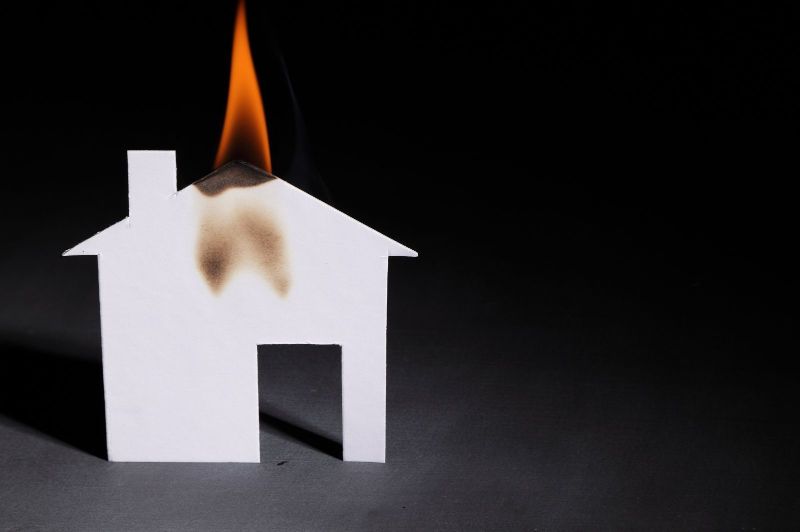When a devastating fire strikes, the physical damage to property is often evident and immediately addressed. However, the psychological impact on individuals affected by fire damage is equally significant but often overlooked. The emotional toll can be profound, leading to feelings of shock, fear, loss, and uncertainty. Coping with and recovering from the psychological aftermath of fire damage requires understanding, support, and proactive strategies. This article aims to shed light on the psychological impact of fire damage and provide practical guidance for coping and recovery.
Understanding the Psychological Impact
Experiencing a fire can be a traumatic event, with far-reaching psychological consequences. The aftermath of fire damage can elicit a range of emotional responses such as anxiety, depression, grief, and post-traumatic stress disorder (PTSD). Witnessing the destruction of cherished possessions, the fear of personal injury or loss of life, and the disruption of normalcy can all contribute to the psychological impact.
Loss and Grief: Fire damage often entails the loss of treasured belongings, sentimental items, and even homes. This loss can trigger a grieving process, with individuals mourning the physical and emotional attachments associated with their possessions.
Anxiety and Fear: The fear of another fire occurring or feelings of vulnerability can lead to heightened anxiety. The trauma of the event can result in a constant state of alertness, hypervigilance, and difficulties in feeling safe.
PTSD Symptoms: For some individuals, the psychological impact of fire damage can lead to post-traumatic stress disorder (PTSD). Symptoms may include intrusive memories or nightmares, avoidance of fire-related triggers, emotional numbness, and heightened reactions to loud noises or fire-related situations.
Coping Strategies
While the psychological impact of fire damage can be overwhelming, there are effective coping strategies that individuals can employ during their recovery journey.
Seek Emotional Support: Talking about the experience with loved ones, friends, or professionals can be beneficial. Supportive relationships can provide validation, understanding, and a sense of community.
Practice Self-Care: Engaging in self-care activities, such as exercise, meditation, or pursuing hobbies, can help reduce stress levels and promote emotional well-being.
Establish Routines: Creating and maintaining daily routines can provide a sense of stability and control amidst the chaos. Structure and predictability can aid in the recovery process.
Prioritize Emotional Processing: Allow yourself to acknowledge and process your emotions. Journaling, attending support groups, or engaging in therapy can be helpful in exploring and understanding your feelings.
Focus on Safety Measures: Taking proactive steps to enhance fire safety, such as installing smoke detectors, fire extinguishers, and practicing evacuation drills, can help alleviate anxiety and regain a sense of security.
Recovery and Resilience
Recovering from the psychological impact of fire damage is a gradual process that requires time, patience, and resilience. Here are some strategies to facilitate the recovery journey:
Set Realistic Expectations: Recognize that recovery is a gradual process and that it is normal to experience setbacks along the way. Be patient with yourself and focus on small steps forward.
Seek Professional Help: If the psychological distress persists or worsens, it is essential to seek professional help from therapists or counselors specializing in trauma and post-disaster recovery.
Connect with Support Networks: Engaging with support groups or community organizations that specifically address fire-related trauma can provide a sense of belonging and shared understanding.
Rebuilding and Moving Forward: Engage in the process of rebuilding and repairing your physical surroundings. This can symbolize progress and aid in regaining a sense of normalcy and control over your environment.
The psychological impact of fire damage can be profound, affecting individuals long after the flames are extinguished. Understanding the emotional toll and implementing effective coping strategies is crucial for recovery. By seeking support, practicing self-care, establishing routines, and prioritizing emotional processing, individuals can navigate the challenges and emerge stronger. With time, patience, and resilience, those affected by fire damage can rebuild their lives and move forward with a renewed sense of hope and purpose.

